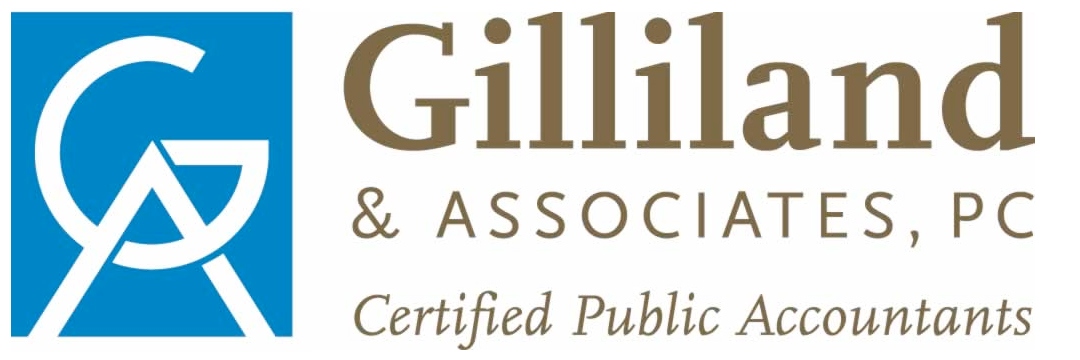Should you lease or buy business equipment?
It’s not easy to decide whether it’s wiser to buy or lease a piece of business equipment. For most business owners, the first impulse is to buy. But there may be times when leasing is preferable.
* Capital conservation. Purchases normally require a 10% to 20% down payment, whereas equipment leases require a smaller down payment. Additionally, “soft costs” such as shipping, installation, and warranties can be built into the lease.
* Obsolescence. If the equipment becomes obsolete before the end of its useful life, leasing the equipment may allow for a “turn back” or upgrade at the end of the lease, thereby keeping the technology current and minimizing repair and replacement costs.
* Urgency. For expensive equipment that is required immediately, leasing might be the best way to obtain it quickly. If you purchase, you might be tied up with your lender for some time, providing financial statements necessary for loan approval.
* Deductions. If you find that you’re unable to expense the equipment, a lease might allow for a shorter deduction period compared to depreciation.
Sold on leasing? Don’t be. Buying has its advantages also.
* Immediate deduction. You may be able to immediately deduct up to $500,000 of the cost of qualified equipment in the year of purchase, using the first-year expensing rules. That’s significant and can reduce your taxes substantially.
* Appreciation. Some equipment actually increases in value over time. Buying such equipment can create future wealth.
* Useful life. The equipment may be valuable and productive long after the lease has expired. Purchasing will allow you to continue to use that equipment and avoid the need to return or upgrade it at the end of the lease term.
For help in deciding whether to lease or buy, give us a call.
